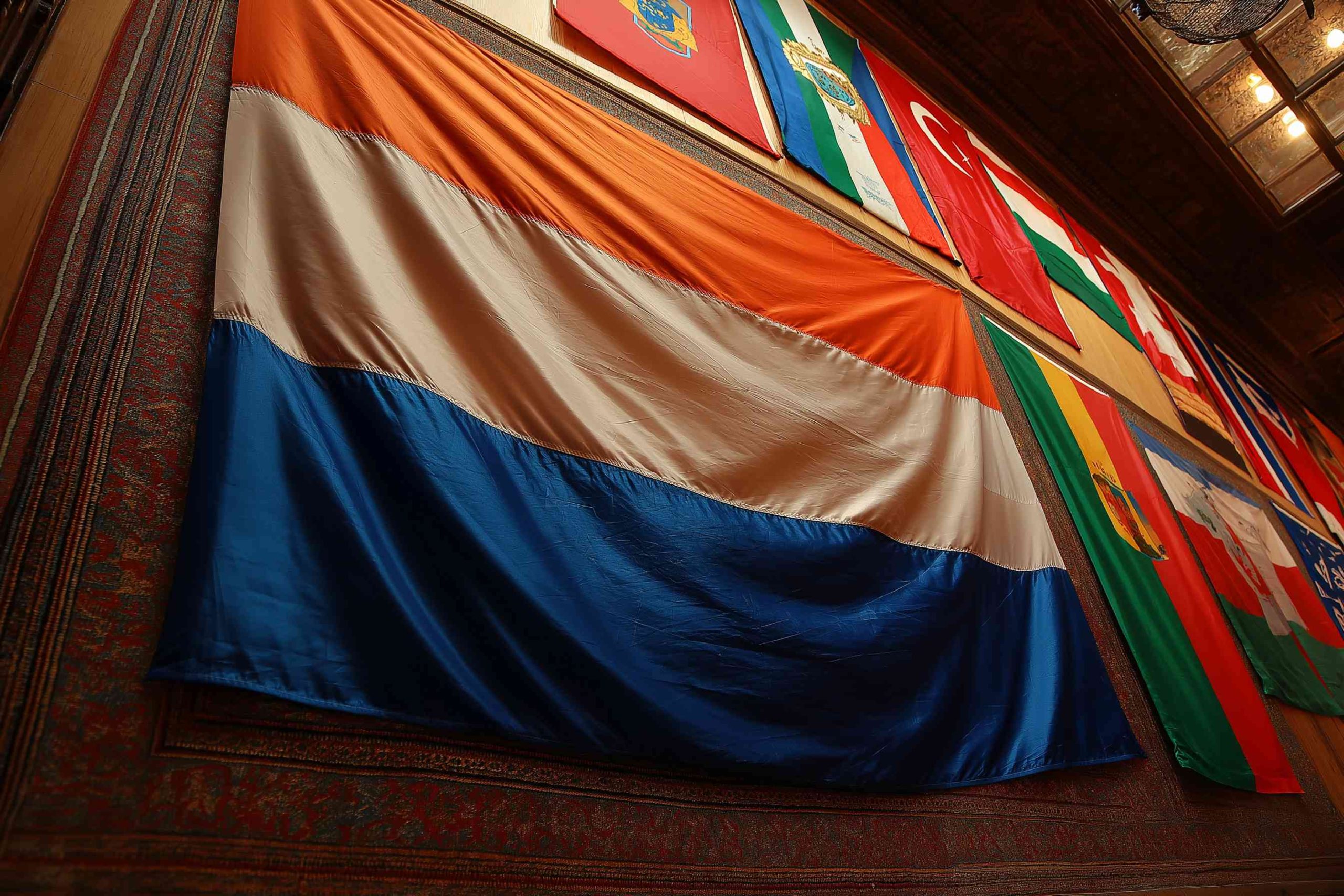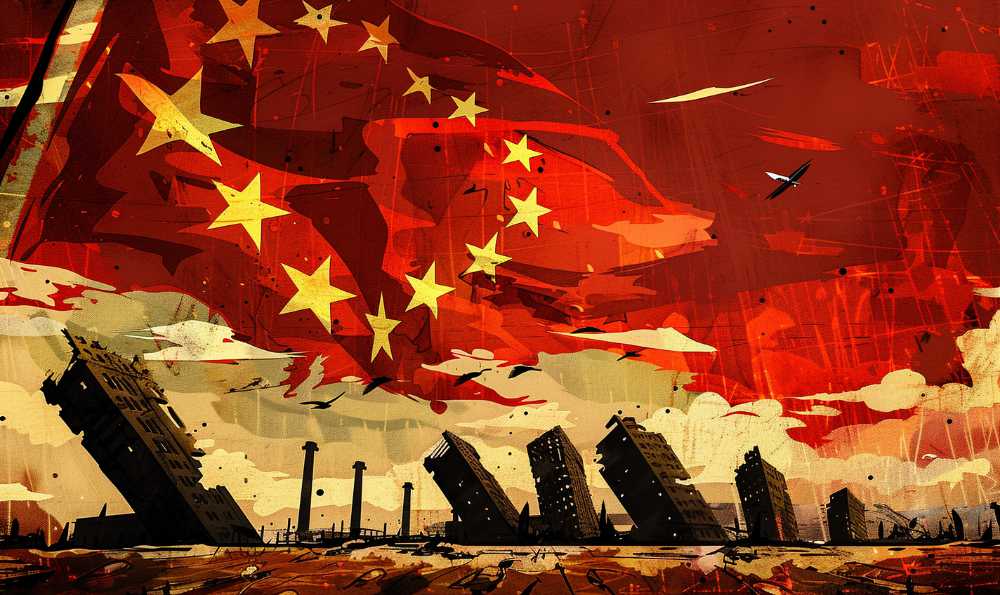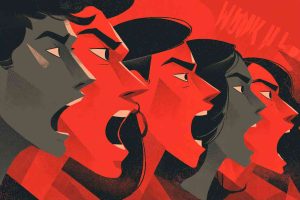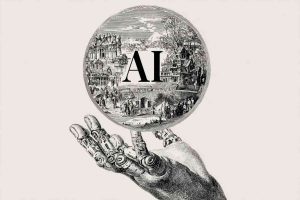The myth of multiculturalism: why integration must come before accommodation

A seductive ideal, not a workable reality
Multiculturalism, the idea that diverse cultures can coexist equally and harmoniously within a single society, has long been upheld as a moral virtue in liberal democracies. Promoted as a symbol of openness, tolerance, and progress, it has shaped immigration and integration policy in much of the Western world since the 1970s. Yet its practical consequences often tell a very different story.
Rather than strengthening national unity, multiculturalism has, in many countries, led to fragmentation, resentment, and the growth of parallel societies. Its core premise, that all cultures deserve equal respect and institutional recognition within a single legal and social framework, is not only impractical, but internally contradictory. A society built on liberal-democratic norms cannot accommodate, on equal terms, cultures that reject those very principles.
This is not a fringe critique. Political leaders, social scientists, and immigrant reformers alike have warned that multiculturalism has created conditions in which assimilation is discouraged, integration is delayed or avoided, and loyalty to the host society is seen as optional.
Cultural relativism as a corrosive foundation
Multiculturalism depends on cultural relativism, the notion that all cultural values are equally valid and that one cannot morally judge another culture without imposing unfair standards. While this philosophy may seem tolerant, in practice it weakens the host society’s ability to assert core principles.
As Roger Scruton argues in The West and the Rest (Scruton), a civilization cannot survive without moral boundaries. Tolerating everything, including the intolerant, is not a virtue. It is civilizational suicide. In multicultural societies, this relativism often results in governments being reluctant to enforce basic legal norms, such as gender equality or free expression, if doing so risks offending minority sensitivities.
This contradiction became increasingly visible after the Rushdie Affair in 1989, when protests against The Satanic Verses in Britain revealed deep fault lines between free speech and Islamic blasphemy taboos (From Fatwa to Jihad, Phillips). Since then, Western states have repeatedly compromised liberal principles to avoid “cultural offense, ” as seen in the growing taboo around criticizing certain religious practices.
France and Sweden: multiculturalism’s unintended outcomes
France provides one of the clearest examples of multiculturalism backfiring. Despite a constitutional commitment to secularism (laïcité), successive French governments have tolerated the development of Islamic parallel communities in suburbs like Seine-Saint-Denis, where French law is often defied in favor of informal religious or clan authority.
A 2016 report by the French Senate warned of areas where the Republic no longer exercised control (Rapport d’information sur l’organisation, la place et le financement de l’Islam en France, Darcos). After waves of violence in 2005 and again in 2023, President Macron declared that France was facing “Islamist separatism” that directly threatened the nation’s unity (Discours contre le séparatisme, Macron).
Sweden, long regarded as a humanitarian superpower, now struggles with levels of violence previously unheard of in Northern Europe. The country saw over 60 bombings in 2022 alone, many linked to immigrant criminal networks (Swedish Crime Survey 2022, Brå). Prime Minister Ulf Kristersson admitted in 2023 that “integration has completely failed” and that Sweden now contends with “parallel societies and clan-based structures” (Talet till nationen, Kristersson).
These problems are not merely the result of poverty or social exclusion, as often claimed. They are compounded by the unwillingness of governments to insist on adaptation. Policies rooted in the multicultural ideal discouraged firm demands for assimilation, contributing to the persistence of cultural enclaves resistant to national norms.
Respect is earned, not owed
One of the most dangerous illusions fostered by multiculturalism is the idea that people who enter a new country have a right to have their native culture preserved, institutionalized, and respected. But there is no natural or moral right to cultural accommodation.
The claim to cultural respect assumes that all belief systems are equal in content and consequence, but this is not the case. Cultures that uphold gender segregation, religious law, and tribal hierarchy cannot be treated as morally equivalent to those that support freedom, equality, and the rule of law.
As Paul Scheffer argued in Het Land van Aankomst (Scheffer), successful integration requires a confrontation between migrant identity and the host culture. It is not “racist” to expect adaptation. It is a necessity for societal coherence.
Historical migration waves demonstrate this clearly. In the United States, Italian, Irish, and Eastern European immigrants were expected to learn English, participate in civic life, and assimilate to shared American values. As Arthur Schlesinger noted in The Disuniting of America (Schlesinger), the success of the American experiment depended on its “melting pot, ” not on ethnic separation or cultural preservation.
Parallel societies and the retreat of law
Many European cities today are experiencing what sociologists call “de facto segregation.” In the Netherlands, the Dutch Social and Cultural Planning Office warned of “ethnic colonies” developing in urban centers such as Rotterdam and The Hague (Dichter bij elkaar?, SCP). These areas are often marked by lower trust in government, Islamic religious dominance, and resistance to national customs.
The UK’s 2014 “Trojan Horse” scandal revealed how British schools in Birmingham had been infiltrated by hardline Islamist networks that imposed gender segregation, banned music and arts education, and enforced religious codes, all under the radar of multicultural education policy (The Trojan Horse Affair, Clarke Report).
In Belgium, a leaked State Security document noted that Salafist groups were “taking control of mosques and influencing young Muslims in the suburbs of Brussels” without any meaningful state resistance (Salafisme en Belgique, VSSE).
These are not fringe anecdotes. They reflect a pattern of multicultural appeasement and a growing absence of civic enforcement. When national law is viewed as flexible, or worse, oppressive, cultural parallelism fills the vacuum.
Multicultural double standards
A notable hypocrisy lies at the heart of multicultural ideology. Western societies are expected to accept, tolerate, and accommodate foreign cultures on their soil, yet the same courtesy is never expected in reverse.
No immigrant would expect, nor receive, cultural accommodation if they moved to Japan, China, or Saudi Arabia. They would be required to respect national customs, adopt the local language, and conform to social expectations. The West, uniquely, has made self-negation a moral imperative.
As Douglas Murray observes in The Strange Death of Europe (Murray), the only civilization that teaches its own children that their culture is worthless is Western civilization. This is not tolerance. It is nihilism masquerading as inclusion.
Censorship and fear: criticism as heresy
Another grave consequence of multiculturalism is the stifling of open debate. Criticism of religion, particularly Islam, is now treated as a moral transgression, even when the criticism is rooted in defense of liberal values.
The murder of Theo van Gogh in the Netherlands in 2004, after he produced a short film critical of Islamic treatment of women, shocked Europe but led to little policy change. In France, teacher Samuel Paty was beheaded in 2020 for showing caricatures of Muhammad in a lesson about freedom of speech. He was targeted by a campaign of hate on social media, amplified by Islamist activists, and abandoned by school authorities who feared controversy (L’affaire Samuel Paty, Le Monde).
These are not anomalies. A 2018 report by the UK’s Commission for Countering Extremism warned that public institutions were becoming increasingly “compliant” with extremist demands in the name of social harmony (Challenging Hateful Extremism, Khan).
When democratic societies silence critical voices to appease religious sensitivities, they betray their own foundations. The chilling effect is not limited to teachers. Artists, journalists, feminists, and reformers of Muslim background are often censored or ignored. Fear becomes the price of tolerance.
Rebuilding moral clarity
To reverse this decay, Western nations must abandon the illusion that multiculturalism is a moral good. Diversity in itself is not a virtue. Shared values are. A society is not strengthened by the coexistence of irreconcilable worldviews, but by common allegiance to a legal and moral framework.
Integration should no longer be optional. It should be expected, encouraged, and enforced. This does not mean forced assimilation or the erasure of heritage, but it does mean the clear prioritization of national norms over imported customs.
Citizenship must include more than legal status. It must entail civic loyalty, cultural fluency, and shared responsibility. Education systems should focus on national history, language, and democratic values, not multicultural narratives that sow division.
Government must cease funding cultural organizations that promote separation and identity politics. Public spaces must reflect unity, not Balkanization. Laws must apply equally to all, without exception for cultural background or religious status.
A home, not a hotel
Nations are not hotels. They are homes. People who come to a new country should not expect the host to restructure itself around their preferences. If they found their home society oppressive or dysfunctional, the moral obligation is to adapt to the new one, not to recreate the old.
Multiculturalism told migrants that they could bring everything with them, language, religion, customs, norms, and be accepted on their own terms. That message was fatal. It allowed resentment, entitlement, and division to flourish under the cover of tolerance.
The time has come to reject that message and replace it with a more honest one: you are welcome here, but this is the way we live. These are our rules. This is our identity. Respect it, adopt it, and you will thrive. Reject it, and you will not.
Multiculturalism has not produced unity. It has produced division, paralysis, and fear. Only through unapologetic integration can liberal societies survive intact.


















